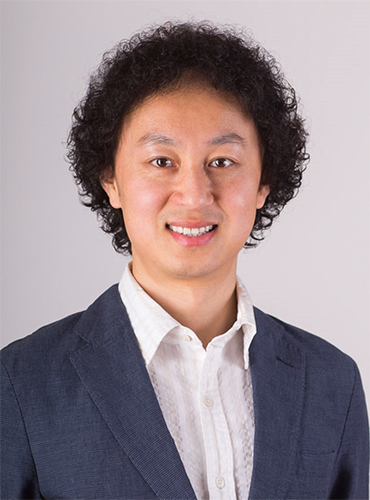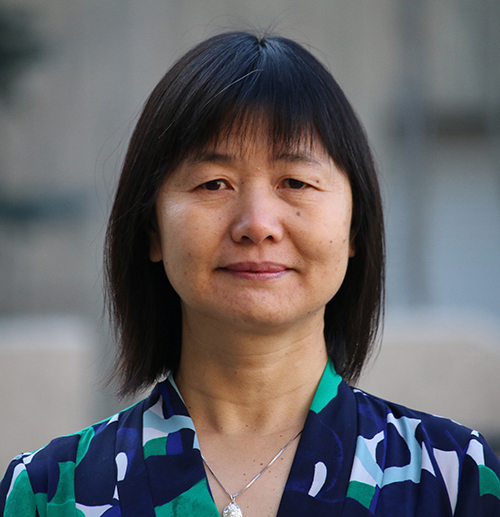
Dr. Adam Drewnowski
2019 Berry Sessions Presentation Title – Berry Nutrient Density Research Project – Nutrient profiling models that incorporate flavonoids put berries on top
Prof. Dr. Adam Drewnowski is the Director of the Center for Public Health Nutrition at the University of Washington. He obtained his MA degree in biochemistry at Balliol College, Oxford University, and PhD in psychology at The Rockefeller University in New York. He is the author of the Nutrient Rich Foods Index (NRF), a nutrient profiling model, that measures nutrient density of individual foods, meals and composite food patterns. The concept of nutrient density, captured by the NRF index, helps consumers identify foods that are nutrient rich, affordable, and appealing and have a low impact on the environment. Most recently Dr. Drewnowski has worked on Future 50 foods for healthier people and a healthier planet. Dr. Drewnowski is also the PI of the Seattle Obesity Study (SOS) , funded by the National Institutes of Health. The SOS has explored the socioeconomic determinants of health, focusing on access to healthy foods. Using geographic information systems data and geopositioning tracking devices, the SOS has explored where people shop, what they buy, and how their food purchases affect their health and well being. Dr. Drewnowski has authored over 300 research publications. He advises governments, foundations, and the private sector on issues related to diets and health.









